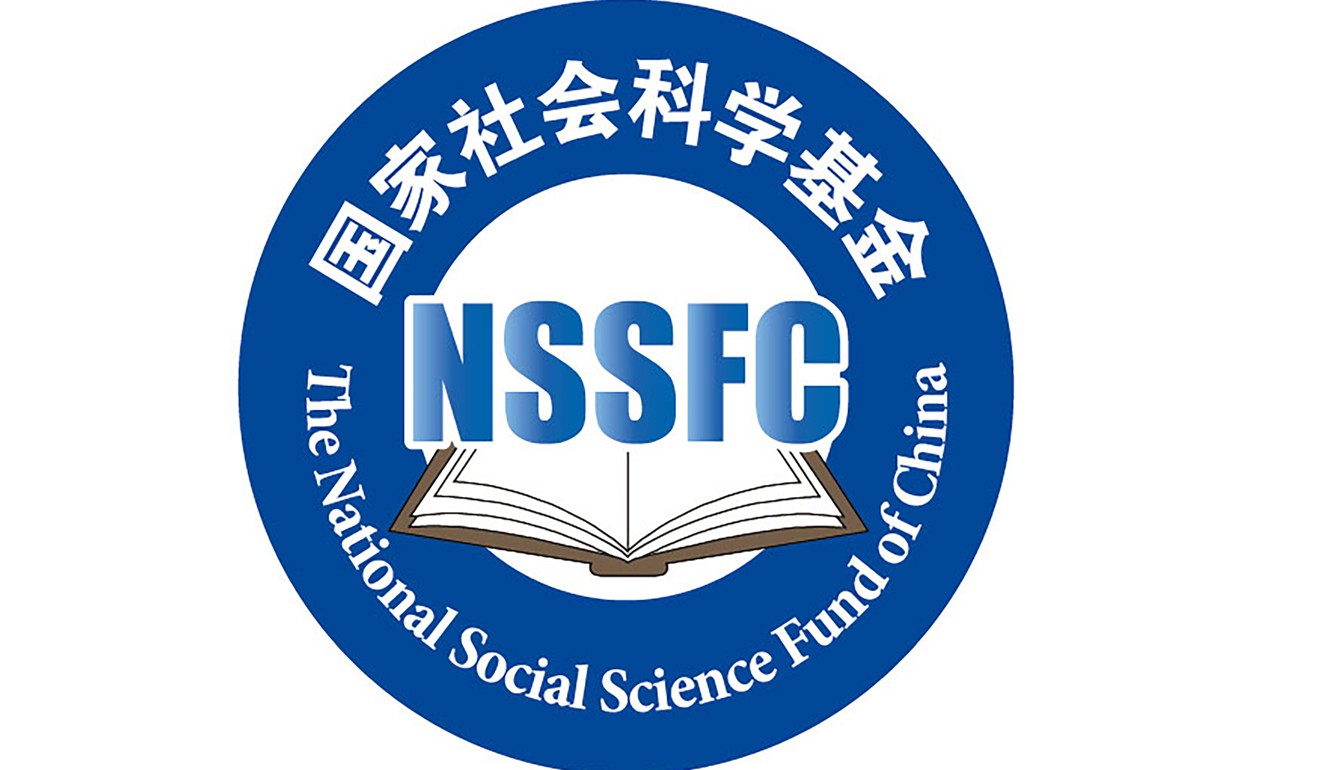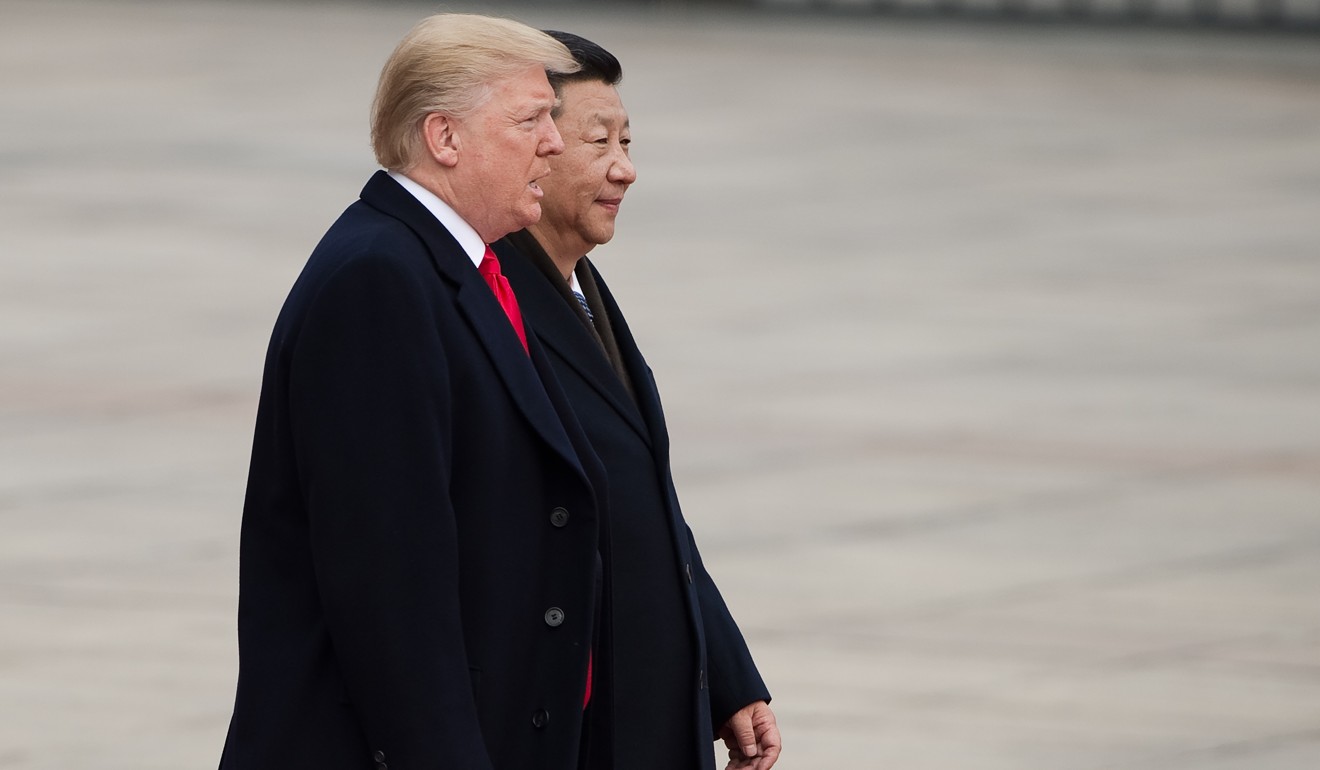
China tries to bridge gap in knowledge about the US following criticism that misreading of Donald Trump helped trigger trade war
- Beijing provides major funding boost for research on American studies and trade
- Move follows complaints that US president’s policies took academics and government by surprise
China has increased the number of government-funded studies into the US and trade this year following criticism that gaps in the country’s understanding of America has left policymakers unprepared to deal with Donald Trump’s presidency and the subsequent trade war.
When Trump started the still-unresolved dispute last July, Chinese academics faced heavy criticism that they had underestimated the US president and his administration’s resolve to confront Beijing.
A couple of weeks before the start of the trade war, the annual funding round announced by the National Social Science Fund of China approved 18 projects focusing on American studies and just three concentrating on trade.
This year, however, of the 143 foreign affairs projects unveiled on Tuesday, 24 will focus on the US and 12 on trade, while others will touch on these areas to some degree.
Meanwhile, in research guidance published in December, the fund listed 92 foreign affairs projects for which academics could apply for funding – 20 of which concentrated on the US or trade. The previous year’s guidance had only listed four.
Shi Yinhong, an international relations professor specialising in US-China affairs at Renmin University in Beijing, said the authorities had realised they needed to prioritise research into the US and trade to overcome their lack of know-how when it came to dealing with Washington.
“It proved that our world outlook had important gaps, which made us unprepared for the increasing trend towards selective ‘decoupling’ [with China],” Shi said.

However, he warned that increasing investment in these areas would not necessarily be enough to ensure greater wisdom.
The social science fund’s budget covers a sweeping range of topics ranging from Marxism, to economics, sociology, language and literature.
One of those selected is a project on digital trade led by Zhou Nianli, a World Trade Organisation specialist at the University of International Business and Economics in Beijing.
“The increase in funding for US and trade studies reflects the changing trade relations between the US and China,” Zhou said. “Scholars will be very academically sensitive [to those changes] and develop their research ideas.”

She said the US had been strengthening its ability to set the rules governing digital trade – including cross-border digital flows and the openness of the internet – a trend that China needed to handle carefully.
Before trade talks between the two sides broke down last month, Washington had demanded Beijing “completely open its internet” and relax controls that required foreign cloud computing companies to store all their data in China.
Jiang Hui, an associate professor at China Jiliang University in Hangzhou, will also receive funding this year to research US export controls and Chinese companies’ compliance with American regulations.
“The US has been long banned the export of advanced technology to China, including aerospace, aviation and advanced materials,” Jiang said, adding that if China was allowed to buy this technology it would help cut the trade deficit between the two sides – one of Trump’s main grievances.

